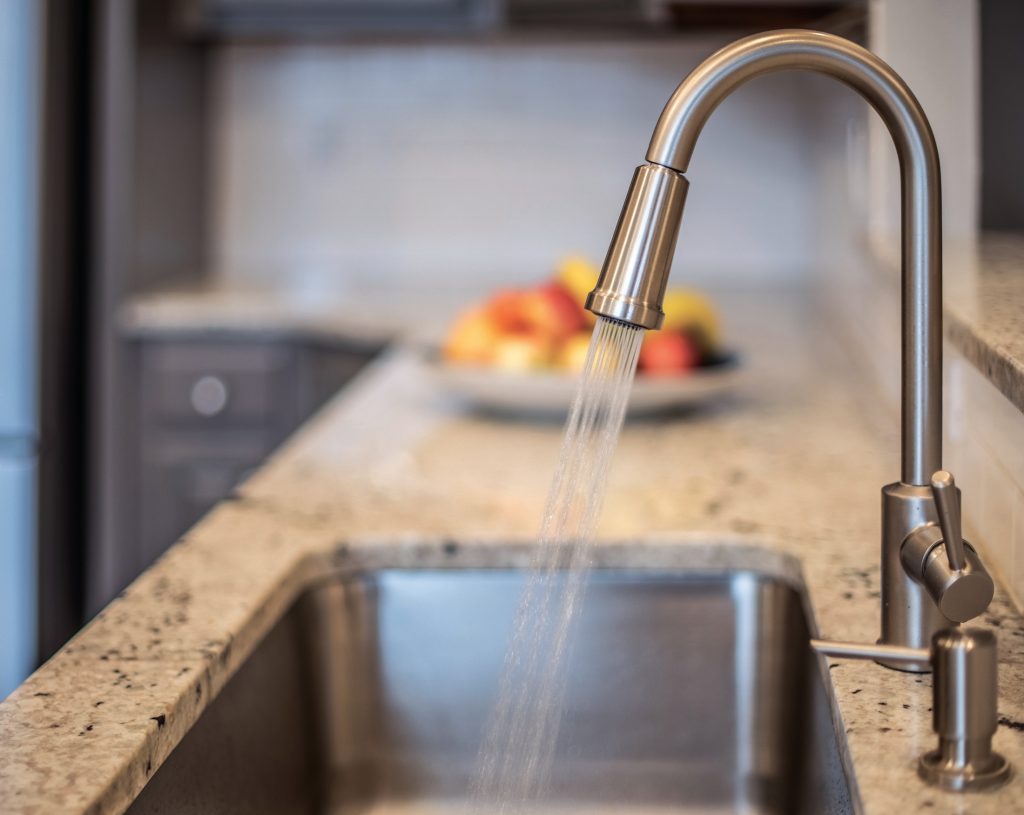One of the newest developments in home electronics is the smart appliance, a device with built-in technology that enables it to connect to the internet. Imagine a refrigerator that notices when the milk is almost gone and orders more from an online grocery store. It might sound space-age, but this technology now exists.
“Smart appliances are becoming more and more prevalent, and there are a number of benefits to using them,” says Elizabeth McKenna, director of marketing and communications for the National Association of the Remodeling Industry.
Homeowners may consider including one or more smart appliances in a kitchen remodel. But what are the pros and cons of smart appliances?
Savings
Smart appliances are designed with energy savings in mind. For example, a homeowner can schedule their dishwasher to run during off-peak times when the cost of electricity is less expensive. Likewise, a smart refrigerator can delay its defrost cycle until the evening hours. To preserve energy, a smart refrigerator will also allow the homeowners to look inside without opening the door. They will also receive alerts on their smartphones if the refrigerator door is left open.
Convenience
Smart appliances have many conveniences. They can be controlled remotely from the homeowner’s smartphone. While out running errands, the homeowner can look inside the refrigerator to see if he or she needs to pick up more eggs. A baker with messy hands can preheat the oven simply by speaking to it. And rather than hiring an appliance repair person to come recalibrate the oven, the manufacturer can do it remotely.
Safety
The technology in a smart appliance can monitor a person’s behavior and send an alert if he or she deviates from the normal routine. While this may be a privacy concern, it may also enable people to maintain independence longer.
“Would you rather have your oven keep an eye on you as you walk into your kitchen each morning — invasive as that might seem — or would you prefer to have a nurse come and check on you each day?” asks Mary Jo Peterson, president of Mary Jo Peterson Design Inc.
Cons
Though there are several benefits of smart appliances, there are also some drawbacks a consumer must weigh before making a purchase.
With any form of technology, especially new developments, there may be glitches that need to be worked out. In addition, for those who are not tech-savvy, there will be a learning curve involved in utilizing the capabilities of the smart appliances. Another major concern is security. With appliances that are connected, there is a risk of hackers accessing a home’s wireless network. Perhaps the biggest drawback of the smart appliance is the cost; they are more expensive than a traditional appliance of the same quality.
“Smart appliances might really be worth the investment, but with the higher price point, you may pick a couple of key appliances during a remodel,” recommends Elle H-Millard, industry relations manager for the National Kitchen and Bath Association.
Hannah Dills, an affiliate broker with Parks Realty in Brentwood, says that while open concept kitchen layouts with a large central island are highly sought after, buyers also “like fun perks like beverage refrigerators and wine racks to individualize their homes.”
Dills also says that “while behind-the-scenes high-tech equipment can be an attractive bonus to certain buyers, it isn’t a major initial decision factor when purchasing a home.”
The desire for smart technology in a home seems to appeal more to certain age groups, according to Janice Becker, an agent with Cottage Realty in Mt. Juliet.
“People mainly in their 30s and 40s are into the smart homes and appliances,” she says. “Smart technology is very nice, but a lot of the older generations don’t want to fool with it for the cost.”



